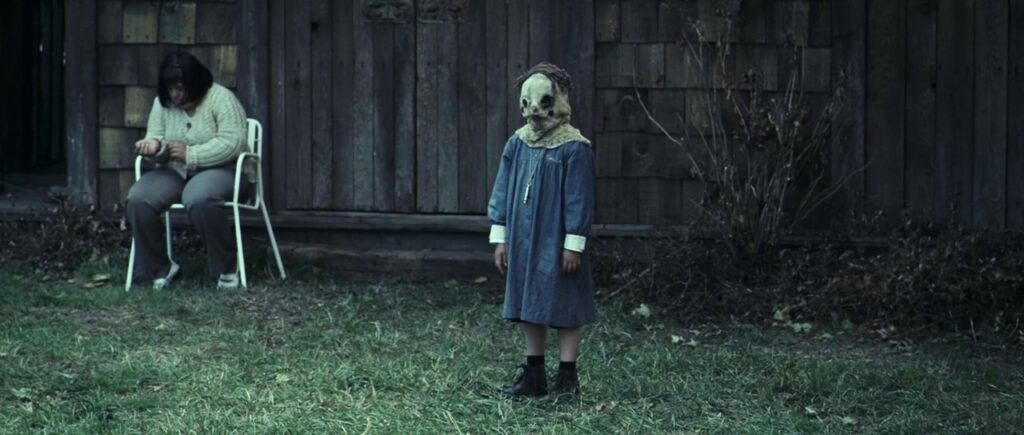
Some ghost stories seek to scare with jump scares and grotesque apparitions. Others, like J.A. Bayona’s exquisite 2007 film, The Orphanage (El Orfanato), aim for a far deeper, more insidious horror: the slow, agonizing descent into madness born of an unbearable grief.
This is not just a haunted house movie; it’s a profound, heartbreaking psychoanalysis of a mother’s unraveling mind, where the line between the spectral and the psychological becomes tragically, hopelessly blurred. For those who seek horror that lingers in the heart long after it chills the blood, this film is a devastating masterclass.
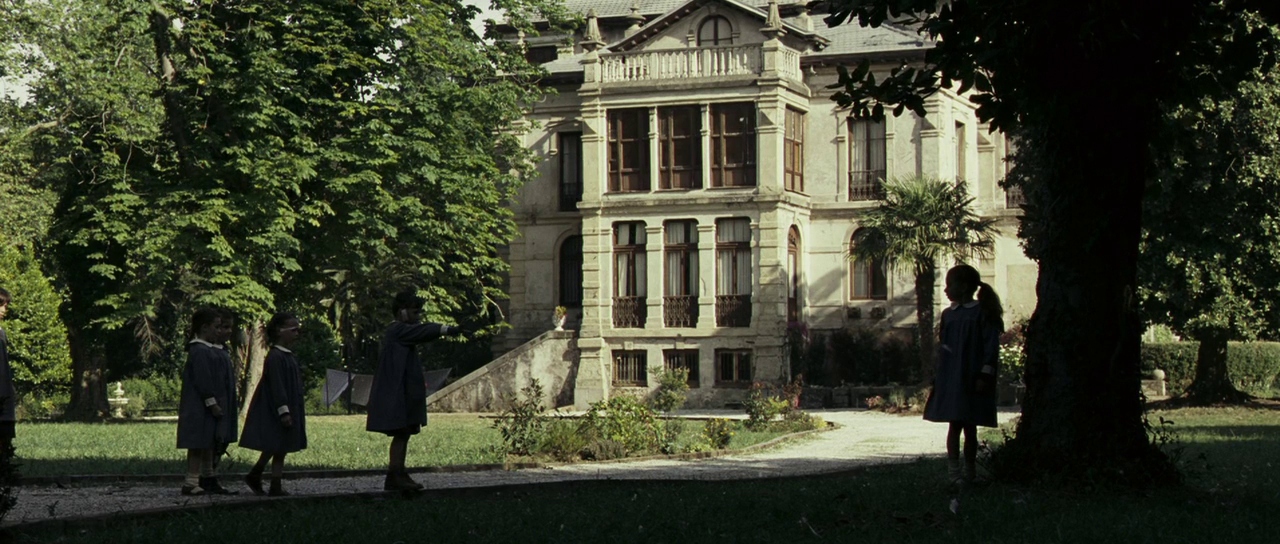
The film opens with a deceptively nostalgic scene: a young Laura (Belén Rueda) playing with her friends in the titular orphanage, a place of warmth and childhood innocence. Decades later, she returns with her husband Carlos (Fernando Cayo) and their adopted, HIV-positive son, Simón (Roger Príncep), intending to reopen the orphanage for disabled children. This act of reclaiming her past, however, becomes the catalyst for her agonizing future. The house itself, a grand, isolated structure on the Spanish coast, quickly transforms from a beacon of hope into a suffocating cage for Laura’s burgeoning despair.
The first unsettling cracks appear through Simón. He’s a sensitive, imaginative child who soon claims to have made new “invisible friends” – the very children who once inhabited the orphanage. While initially charming, Simón’s imaginary playmates become increasingly sinister, culminating in the appearance of Tomás, a boy with a grotesque sack mask, and a chilling “game” that preys on Laura’s deepest fears. Is Simón truly communicating with spirits, or is his vulnerability, coupled with his impending death, making him a vessel for something darker, or perhaps simply a mirror to Laura’s own anxieties about his condition and their bond?
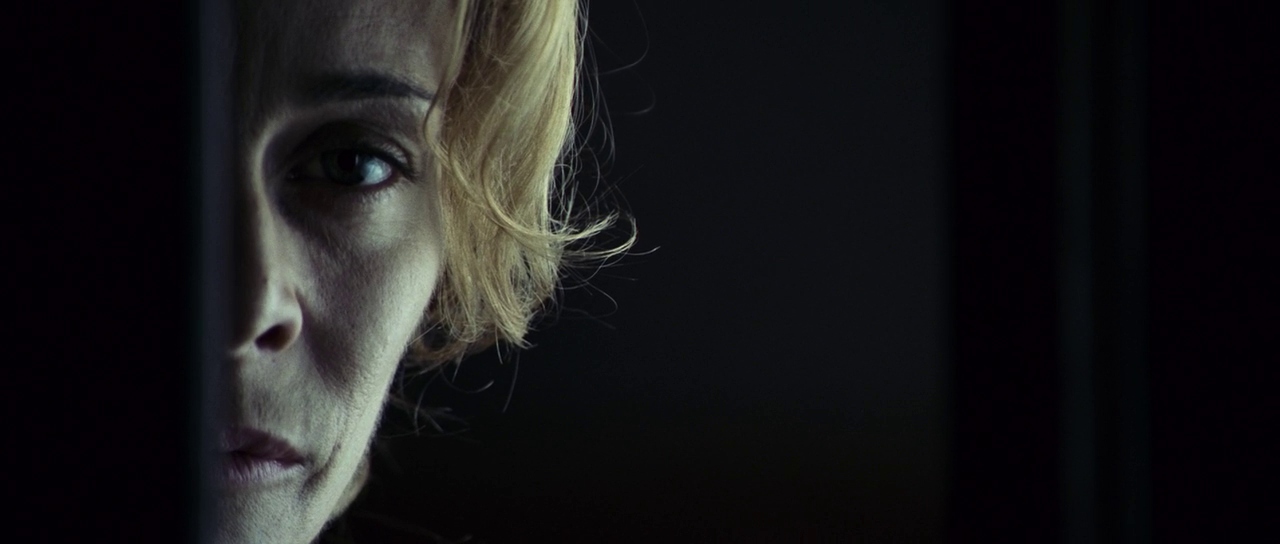
The psychological horror intensifies with Simón’s sudden disappearance. This event pushes Laura into a desperate, relentless search that quickly consumes her sanity. Her husband, Carlos, represents the voice of rational skepticism, trying to anchor her to reality even as she drifts further into a world of spectral clues and desperate hope. This dynamic – the grounded partner against the unraveling protagonist – is a classic trope, but in The Orphanage, it’s executed with such raw emotion that Carlos’s pleas feel less like opposition and more like a desperate cry for Laura to return from the abyss.
Laura’s journey into the supernatural is a direct manifestation of her grief and guilt. She blames herself for Simón’s disappearance, believing her momentary anger led to his vanishing. This immense burden of guilt fuels her conviction that the orphanage’s past holds the key to her son’s whereabouts. Every creak, every whisper, every chilling game of “one, two, three, knock on the wall” becomes a desperate attempt to communicate, to atone, to find. Her will to find Simón is so absolute that it creates its own reality, bending the fabric of the house and her perception to fulfill her singular purpose.
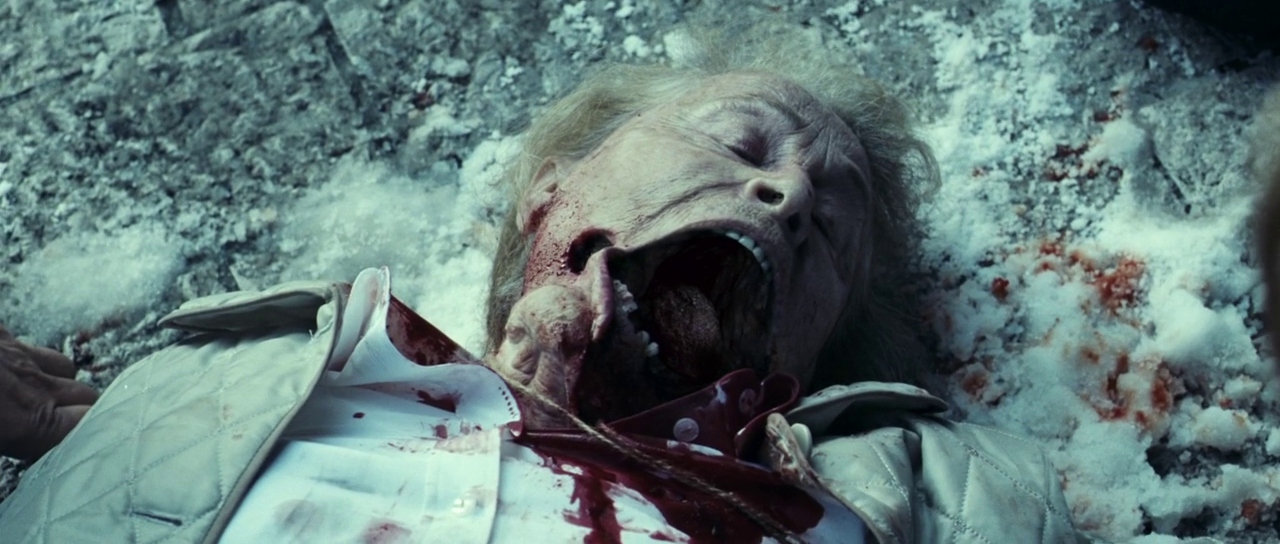
The film masterfully uses the ambiguity of the supernatural. Are the ghosts real, trapped spirits of the past seeking justice and peace? Or are they elaborate constructs of Laura’s fractured mind, projections of her trauma, her longing, her profound need for resolution? The genius lies in its refusal to definitively answer, instead allowing the audience to inhabit Laura’s subjective experience. The sequence with the medium, Aurora, is a prime example – her terrifying pronouncements are amplified by Laura’s raw vulnerability, making the unseen, unheard horrors palpably real.
The devastating climax, where Laura uncovers the horrifying truth about Simón’s fate and the orphanage’s dark past, is a testament to the film’s emotional brutality. The reveal of the tiny corpse in the basement is a gut punch, shattering any remaining illusions. But it is Laura’s subsequent decision to embrace the spectral children, to become their “mother” in the afterlife, that solidifies the film’s unique blend of horror and tragedy. Her ultimate sacrifice, joining Simón and the other child spirits, is both chillingly supernatural and profoundly psychological: a final, desperate act of a mother’s love transcending death itself, a peace found only in embracing the very things that destroyed her.
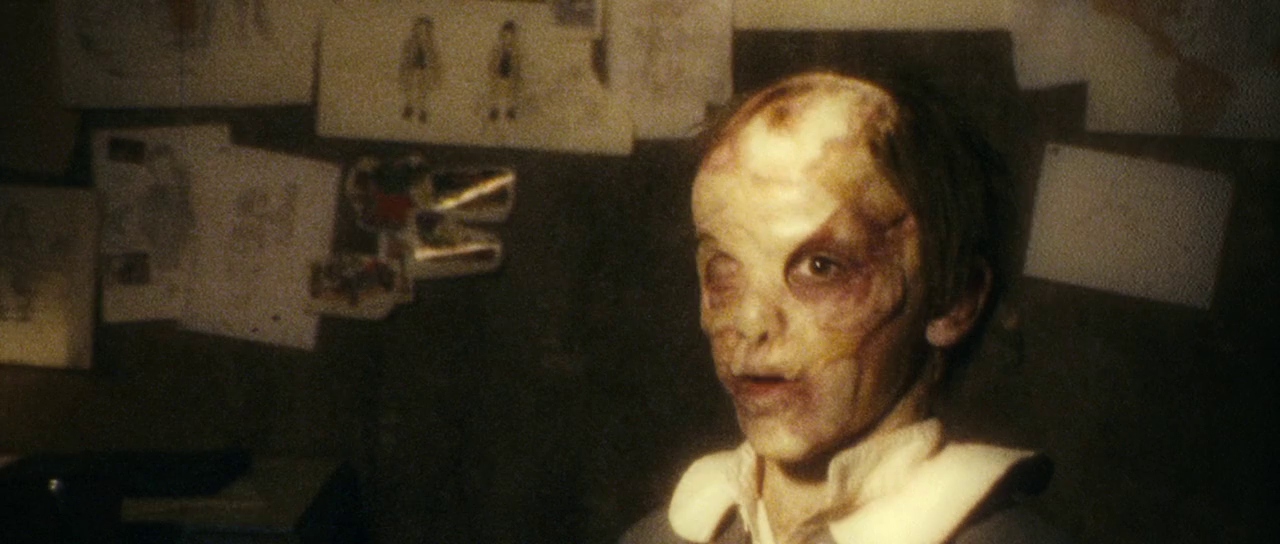
The Orphanage is a deeply unsettling film because it explores the most primal fear of a parent: the loss of a child. It shows how this fear, coupled with unbearable guilt, can warp reality, transforming a loving home into a terrifying purgatory. It’s a testament to the power of grief to manifest its own monsters, making us question what horrors truly exist in the shadows, and what terrors we create within the fragile confines of our own broken hearts.





